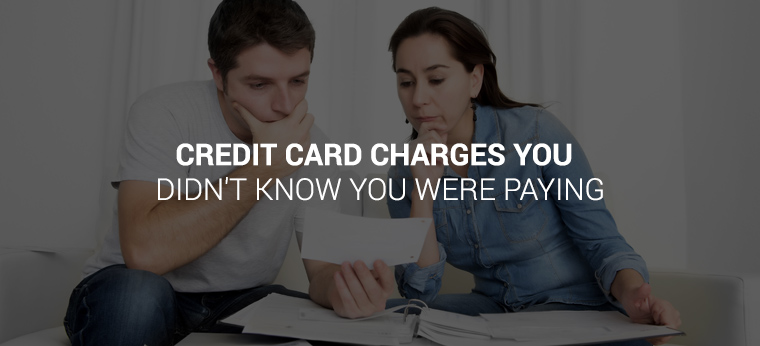
There are responsible and irresponsible ways that a young person can use a credit card. One of the most responsible things that a person can do when using a credit card is to make use of the 21-day interest-free grace to pay their credit card balance. This helps avoid the high interest rates that can be charged by the different credit card providers. However, even paying the balance can still put a person at risk for excessive Credit card charges if a person doesn’t know what to look out for. Here are a few things to keep in mind.
Interest Free
Most people who have credit cards need to be aware that banks typically offer a predetermined grace period for their credit card interest rates. In most cases, this grace period is 21 days. In some cases, it can be a bit longer. However, paying off the balance after a person has made a charge on their card during this grace period can avoid interest charges. This seems like a great thing and it is, but it’s important to be very accurate about how much money is paid when paying a credit card balance at the end of the month.
For example, if a person makes $1500 worth of charges to a credit card and intends to pay off the charges at the end of the month, it’s important to pay every dime of the balance. If a person miscalculates and leaves one or two dollars remaining on the balance, this could potentially cause them to incur interest fees of over $33.
Interchange Fees
These are the types of fees that are charged when a person makes a credit transaction at a store. One bank will charge another bank for the cost of handling the transaction. In these cases, merchant banks will charge a fee and transfer that fee to the issuer of the credit card. Once the issuer of the credit card receives that fee, they will charge that back to the customer and, since these fees aren’t necessarily delineated in a credit card balance, it is difficult to know when a person is paying them.
Low Balance Fees
While keeping a low balance on a card may be beneficial, not using a card often enough can incur these types of fees. It is currently illegal to charge credit card users who don’t use their cards very often. In fact, unless an account has remained inactive for 12 months, a credit card company is prohibited from charging the account holder.
However, credit card issuers have found a way around this and have begun to charge for having lower balances. In some cases, if the balance of a credit card fails to reach a certain level, depending on the credit line, some credit card companies will charge anywhere from $30 to upwards to $90 for not keeping a particular balance on a credit card.
Paying for Closing an Account
Many young people have had enough of credit cards and simply want to be rid of them for good. In these cases, the people save money, pay their balance, and cancel their card. Unfortunately, credit card companies have a way of getting in one last shot by charging an account closure fee. Depending on the balance of the credit card or the terms, this fee can be relatively small or, in some cases, the fee can be quite significant.
The bottom line is that credit card charges are hard, if not impossible, to avoid. What’s worse is that you may not even know you’re paying them. The best thing a young person can do is educate themselves about the various charges that credit card companies are known for and avoid those cards that have excessive fees. It stands to reason that virtually any credit card you get will have some type of fees beyond the interest rate or an annual fee. However, knowing what to look for helps a person make a better choice when it comes to the credit accounts they choose to open.
